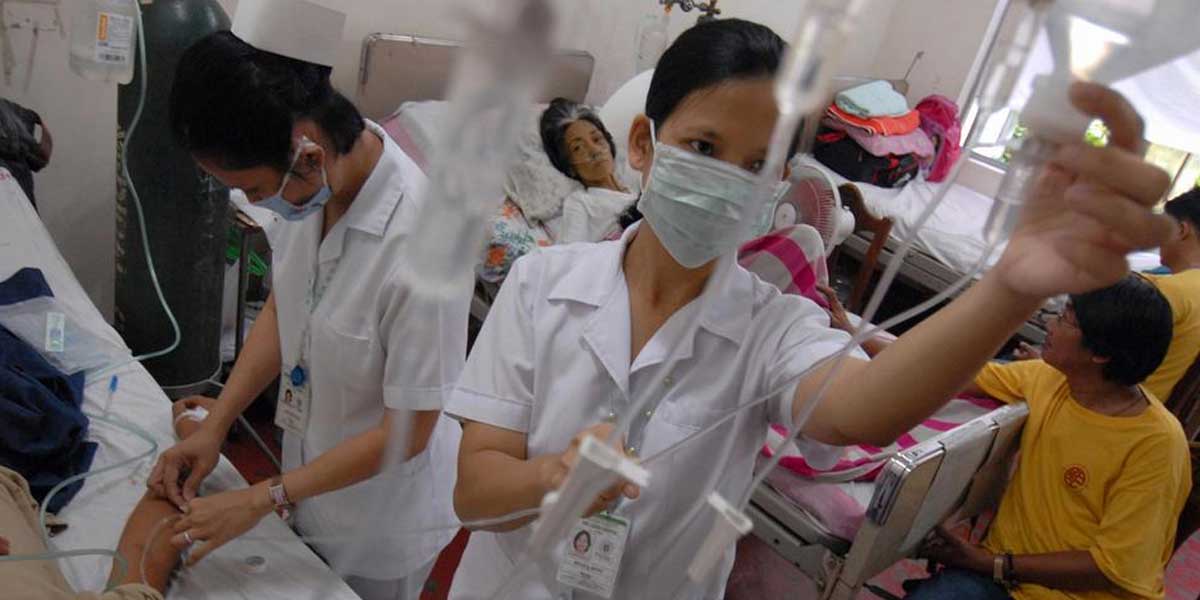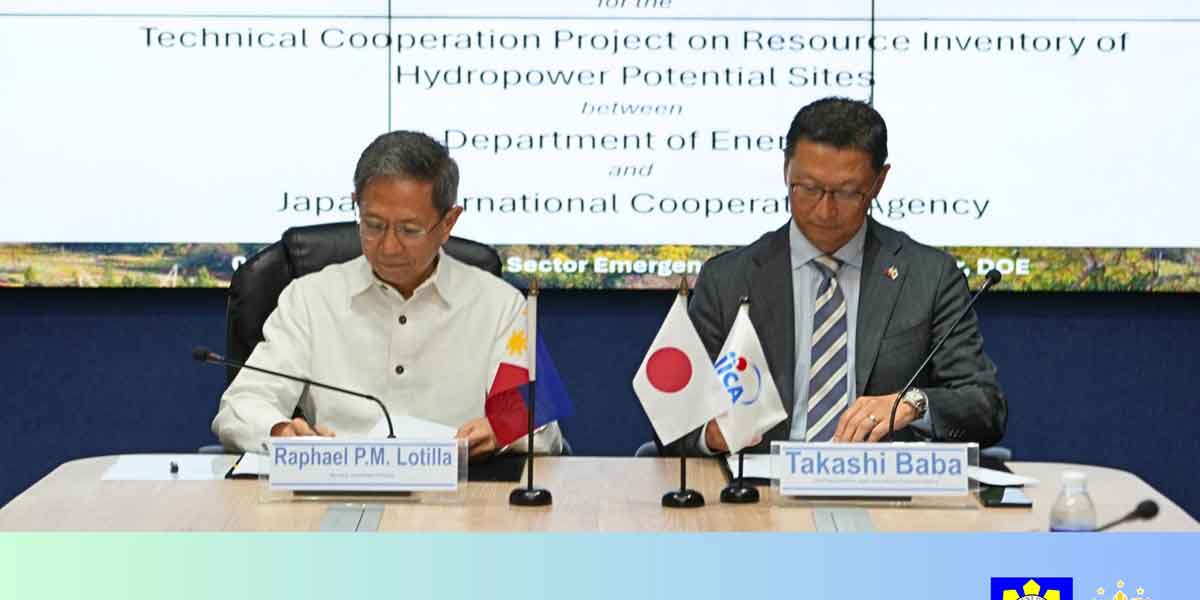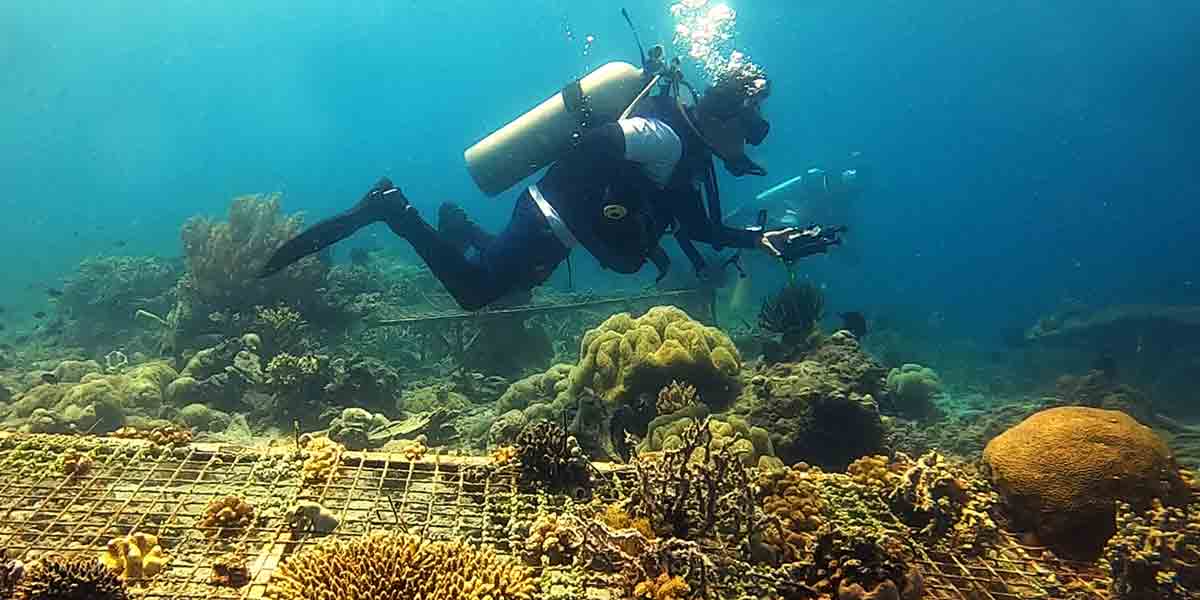
Amid the worsening shortage of nurses in hospitals, Makati City Rep. Luis Campos Jr. is batting for the creation of a P1-billion special education fund that would enable more state universities and colleges (SUCs) to establish their own nursing schools and start producing additional practitioners.
In House Resolution No. 1510, Campos urged the House committees on appropriations, higher and technical education, and on health, to ascertain the viability of putting up a Nursing Education Support Fund that would bankroll the creation of new nursing colleges in 73 SUCs that still do not offer the Bachelor of Science in Nursing (BSN) program.
“Empowering more SUCs to produce highly qualified BSN graduates will boost the capability of the Philippines to supply both the domestic and global demand for nurses in the years ahead,” Campos said.
“This in turn will benefit our public health care system and the economy as well, considering that highly paid Filipino nurses in America and Britain are among the biggest providers of cash remittances to their families here at home,” Campos pointed out.
At present, Campos said that of the 117 SUCs countrywide, only 44 have nursing schools, or 37 percent.
In Metro Manila, of the eight SUCs in the region, only one – the University of the Philippines Manila – offers the BSN program, according to Campos.
“We have entire regions where not a single SUC offers the BSN program,” Campos pointed out.
He cited the Davao and Caraga regions which have 10 SUCs combined but not one has a nursing school.
“We also have whole island-provinces, such as Occidental Mindoro, Oriental Mindoro, Romblon, Guimaras, Bohol, and Siquijor, where existing SUCs do not offer the BSN program,” Campos said.
“The advantage of SUCs offering BSN programs is that they can be accessed freely by underprivileged but qualified high school graduates,” Campos said.
Under the Universal Access to Quality Tertiary Education Act of 2017, the national government shoulders the tuition and other school fees of students enrolled in SUCs.
In pushing for the adoption of his resolution, Campos invoked Article XIV, Section 2 (1) of the 1987 Constitution, which mandates that: “The State shall establish, maintain, and support a complete, adequate, and integrated system of education relevant to the needs of the people and society.”
He likewise invoked Article XIV, Section 1 of the Constitution, which provides that: “The State shall protect and promote the right of all citizens to quality education at all levels and shall take appropriate steps to make such education accessible to all.”
The World Health Organization (WHO), in its State of the World’s Nursing 2020 report, projects that “without action, there will be a shortfall of 4.6 million nurses worldwide by 2030.”
“The shortfall of nurses in the Philippines is expected to be 249,843 by 2030, unless greater investment is made now to retain them in the local health sector,” the WHO report said.
The Commission on Higher Education (CHED), anticipating the severe lack of nurses, removed in July 2022 the 10-year-old moratorium on the opening of new nursing schools and the offering of BSN programs.
Public and private higher education institutions that still do not have nursing schools may now apply and comply with the requirements to put up such colleges and offer BSN programs.
President Ferdinand Marcos Jr., in March 2023, ordered the CHED to come up with further interventions to address the scarcity of nurses, which is partly due to overseas migration, and partly due to nurses dropping out of the profession to pursue other occupations.
Public hospitals run by the Department of Health (DOH) currently have 4,500 vacant items for nurses, according to Health Secretary Teodoro Herbosa.
Meanwhile, the Private Hospitals Association of the Philippines Inc. said their members lack 40 to 50 percent of their nursing staff.
The WHO recommends a ratio of 27 nurses per 10,000 population but the Philippines has only 16 nurses per 10,000.
The DOH said the country would need an additional 127,000 nurses actively practicing their profession to meet the WHO recommendation.





















